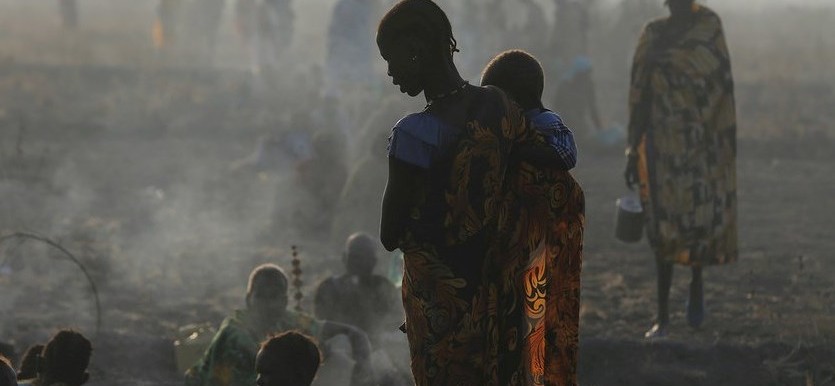Crippled justice system fuelling impunity for war crimes: report

The South Sudanese authorities have allowed impunity to flourish over serious human rights violations committed since conflict broke out in 2013, Amnesty International said in a new report today.
The report ــــ“Do you think we will prosecute ourselves: No prospects for accountability in South Sudan” ــــ stated that the South Sudanese authorities allowed impunity to flourish over serious human rights violations, war crimes and crimes against humanity committed since December 2013, prosecuting only one case.
It reveals that prosecutors only follow the directives of the executive, and in the absence of such directives, do not investigate serious crimes.
“From Juba to Malakal, Wau, Bentiu and other places, a trail of monstrous crimes against civilians have been committed. South Sudan’s government has responded with investigation committees whose reports rarely see the light of day, and when they do, their findings largely ignore crimes committed by government forces,” said Joan Nyanyuki, Amnesty International’s Director for East Africa, the Horn and the Great Lakes.
“The authorities’ failure to prosecute and punish the perpetrators of crimes under international law, committed by both government and opposition armed groups necessitates a meaningful and effective alternative justice mechanism for the people of South Sudan,” she added.
At present, according to the report, President Salva Kiir can confirm or reject judgements by the military courts, effectively giving him veto powers over what is supposed to be an independent judicial process.
It further said South Sudanese authorities typically deny credible reports implicating the armed forces in serious human rights violations. “When the President does respond by setting up investigation committees, they lack independence and impartiality and, with the one exception, do not result in criminal trials,” the rights group said.
The new report pointed out that many victims had placed their hopes for justice in the Hybrid Court for South Sudan (HCSS), which the government committed to setting up when it signed both the 2015 peace agreement and the 2018 revitalized peace accord – but the court has yet to be established.
“Following the South Sudanese government’s failure or refusal to take action against the horrific crimes committed in the past six years, the African Union must now set a deadline for the authorities to sign the relevant legal documents for the establishment of the hybrid court. The deadline given to South Sudan should not exceed a period of six months,” said Joan Nyanyuki.
“If they fail to meet that deadline, the African Union should unilaterally establish an ad hoc tribunal for South Sudan to create an impartial mechanism that will deliver justice to the countless victims of crimes committed during the on-going conflict.”
Amnesty International said it also documented the all too frequent use of blanket amnesties granted by the President, violating international law and denying victims their rights to truth, justice and reparations.
Government officials in Juba could not immediately be reached for comment.